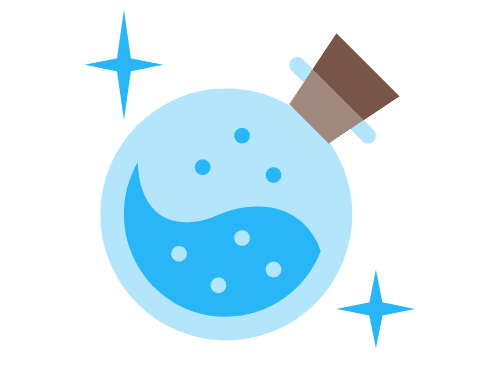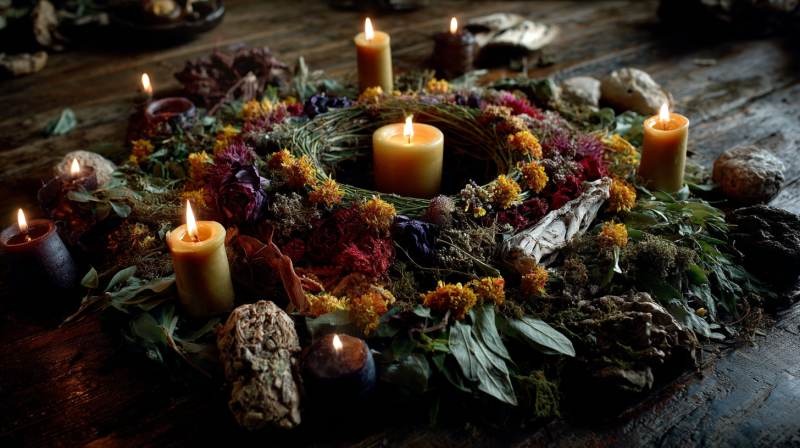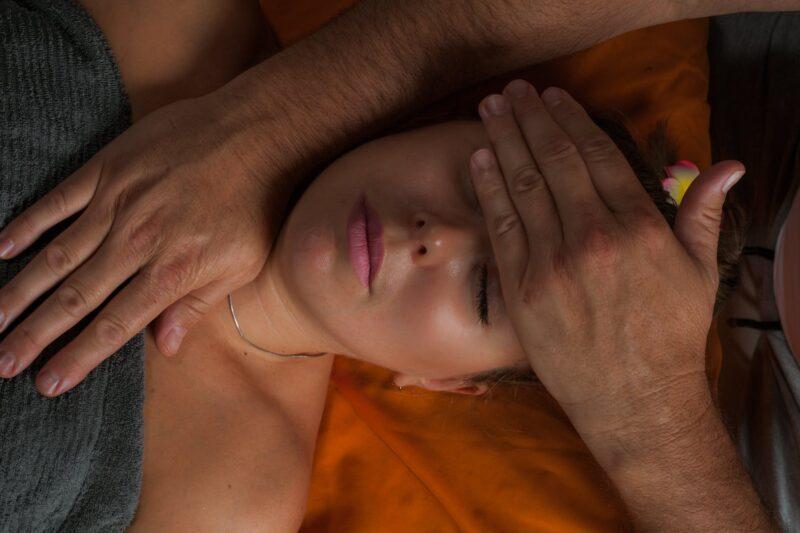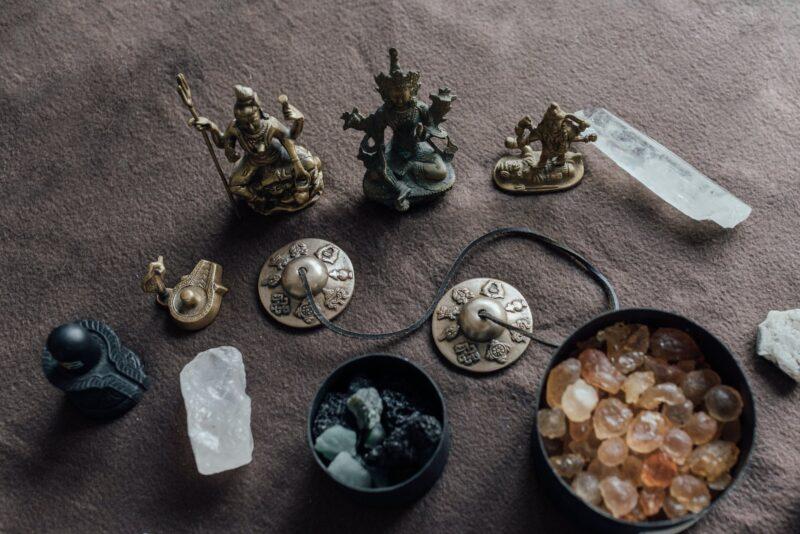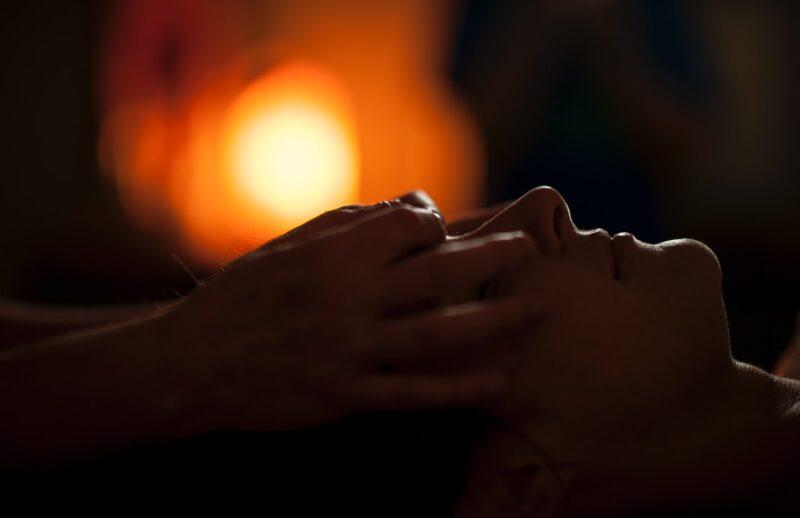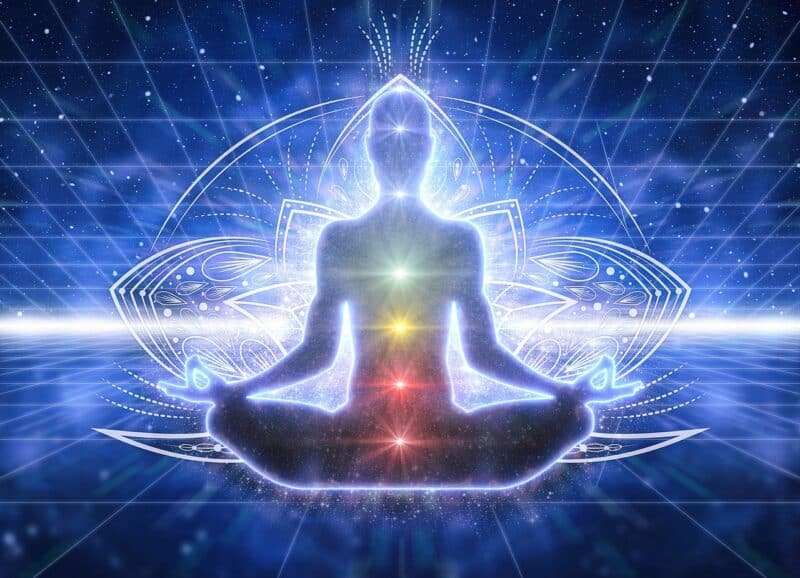In your reading of books on spirituality, sex, and healing in the New Age literature department of the bookshop, you’ve definitely come across exotic-sounding terminologies like chakra, prana, aura, and tantra. But what’s the real story behind these strange words?
Are All Energy Healings the Same?
Pranic healing, an ancient Hindu concept of energy healing, refers to chakras as energy centers. Prana is the Sanskrit word for “vital energy.” Another term associated with pranic healing is aura. The aura is a non-physical body made up of energy that coexists with our physical body. According to popular belief, the aura that encircles our bodies has seven layers that represent an individual’s energy-based manifestations of their physical, emotional, mental, and spiritual characteristics. The hue and thickness of auras can reveal information about a person’s health. Aura is related to six hues, which are understood as six personalities. All of these hues are present in a person, but one or two are more prominent.
Green ambitious achiever
Blue spiritual peacemaker
White unconventional chameleon
Red activist
Orange creative communicator
Violet psychic
Tantra is a type of energy therapy that is commonly associated with the strange practice of sex and spirituality. It is derived from the verb tan, which means “to spread out” or “to extend.” In Tantric texts on sex and spirituality, the concept of connectivity is a frequent subject. Spirituality and sex are prominent in terms of healing methods. It is assumed that during orgasm, the union of man and woman can reach spiritual dimensions, cleansing the body and mind of impurities. Because these pollutants are bad energy, they might materialize as bodily ailments.
Unlike Pranic and Tantric healings, which have Hindu roots, Reiki is a Japanese healing technique. It was rediscovered in the early 1900s, making it younger than Pranic and Tantric healings. Reiki stands for universal energy, which is a form of energy that is channeled through the higher intellect. Reiki students learn how to use this energy to treat physical, emotional, and mental ailments.
Although Pranic, Tantra, and Reiki are all energy healing techniques, they differ in the type of energy that is tapped for healing: life energy, sexual energy, and universal energy.
The notions of mind, body, and spirit interconnectedness; humans’ connections to all living and nonliving things around them and to the universe; and how energy affects physical, mental, and spiritual well-being are only a few of the key parallels between these three healing approaches.
Why Do People Turn to Energy Healing?
Alternative healing approaches include Pranic, Tantric, and Reiki. How come, despite modern medicine’s availability and relative accessibility, more and more individuals are drawn to it? Here are a few plausible explanations: Where mainstream medicine failed, energy healing worked.
Modern medical treatment has failed to heal a variety of disorders and conditions in numerous, if not many, people for a variety of reasons, both explainable and unexplainable. There may not be any data or proof in support of this statement. However, in order to get better, families of the dying, as well as the dying patient, would risk adopting alternative procedures such as herbals and organics, faith healers, witch doctors, and New Age healing practices.
People perceive modern medicine to be isolating.
Medical treatments are frequently centered on the ailment and its causative agent, which can make a patient feel alienated and treated as if they are merely a disease’s host. Despite recent advancements in hospital practice that are gradually supporting a patient’s holistic treatment, the notion endures. Because energy and spirituality are inextricably intertwined in energy therapy, the patient feels that all parts of his health are being looked to.
Energy healing is non-obtrusive and natural thus it is safer.
For most patients, repeated surgical operations are physically and emotionally distressing. Looking for less stressful health interventions is a logical and appealing alternative for both patients and families. Going natural is also the way to go, especially with the rise in popularity of New Age religions.
Energy healing is a good way of relieving stress.
Meditation is an important aspect of energy healing treatments, and it’s an added bonus for those who are excessively stressed. Furthermore, sophisticated equipment is not required, making it even more convenient for current and future energy-healing students.
The conflict between alternative healing and mainstream medicine rages on, with both sides touting the advantages of their own approaches. In the end, though, it is the return to good health that matters.
